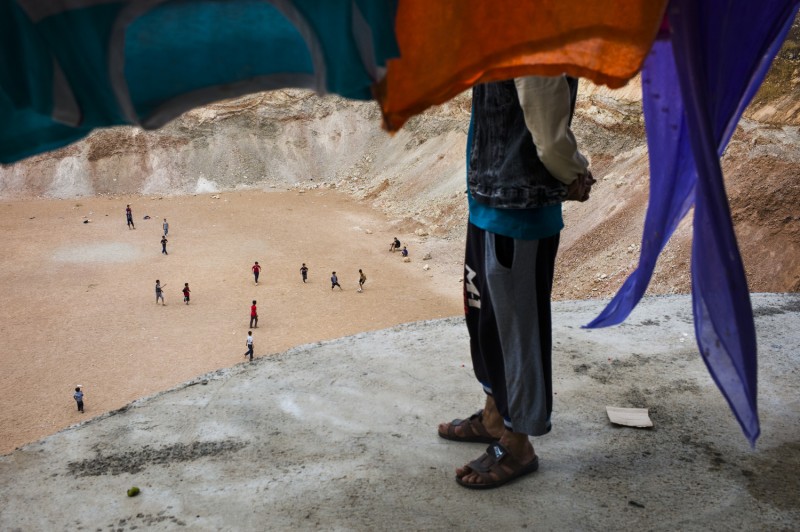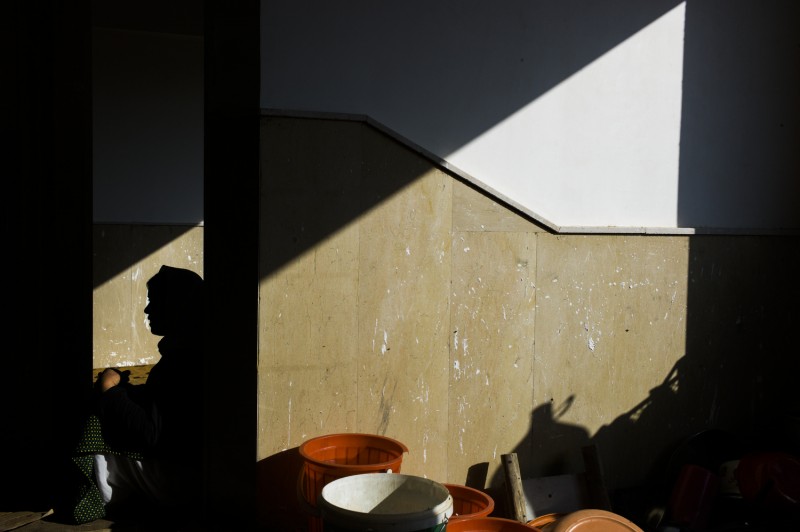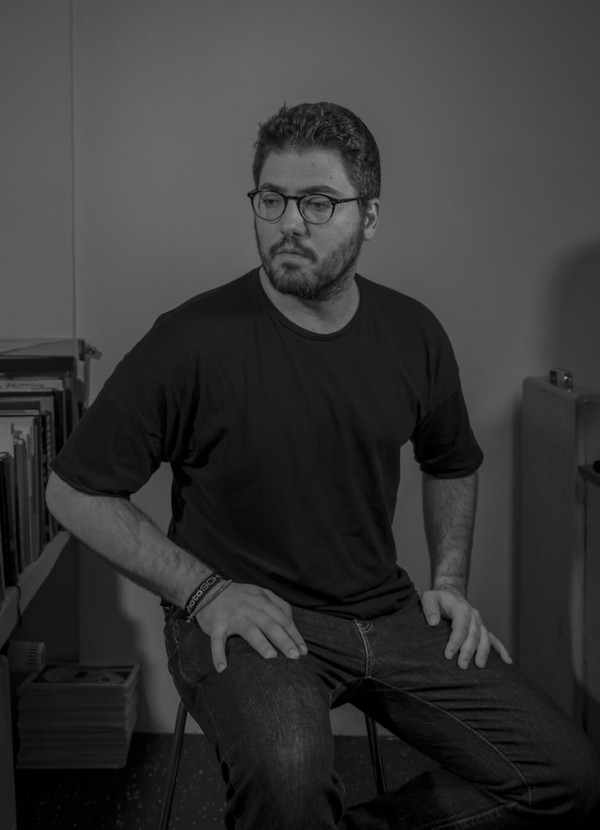Shadow Kingdom
Shadow Kingdom
Dominic Nahr
May 8, 2015

Within the framework of the Hamburg Photography Triennial, Dominic Nahr will be running an exclusive LFI workshop. Further information and registration at: www.lfi-online.de
Dominic, can you tell what made you decide to work in Iraq?
I was ready to spend some time in a new place. After working mainly in Africa for five years, I drifted between Japan, Canada, Holland and the US, working on various projects. I had never been to Erbil in Kurdish-controlled Iraq so I jumped at the opportunity to work for UNHCR, the United Nations Refugee Agency. It was nice to have a home base for a while. I didn’t quite know what to expect in terms of work, but was excited to spend some dedicated time documenting an important news story and really connecting with people there.
When one thinks of the Iraq war, images of acts committed by IS come to mind. What pictures do we not get to see?
Those whom I have photographed are the survivors. Those who were unable to flee – daughters, sons, fathers and grandparents were herded like animals into confined spaces and ultimately raped, executed or made to serve IS as slaves. Yazidis, Christians and other minorities have had to leave their homes to escape the brutality of IS. It is important that we remember. We can’t let their lives be forgotten.
How does the work situation differ when you have time and don’t have to rush from one assignment to the next?
It was a very good experience for me to work with UNHCR in Iraq for 6 months without having to worry about how to finance my trips or finding assignments. It was very freeing, and I felt I could really slow down my shooting process without rushing myself or the people I was photographing. I also felt very committed to not waste my time, and used the fantastic UNHCR drivers to go and find more stories and people to document.
You can read the full interview in LFI 4/2015, available as of May 22, 2015.
Dominic Nahr+-
Dominic Nahr was born in 1983 in Heiden, Switzerland, but grew up in Hong Kong. He lived and worked in many countries, including Kenya where he worked as a contract photographer for TIME magazine. At the end of 2017, he moved to Switzerland. Today he lives and works in Zurich. Nahr is a freelance photographer, and has been the recipient of numerous awards, including the first Leica Oskar Barnack Newcomer Award and a World Press Photo Award. His photographs have appeared in The New Yorker, National Geographic, GEO, Der Spiegel, NZZ and many more. Nahr has a weekly photo column in the Swiss magazine Republik. More


